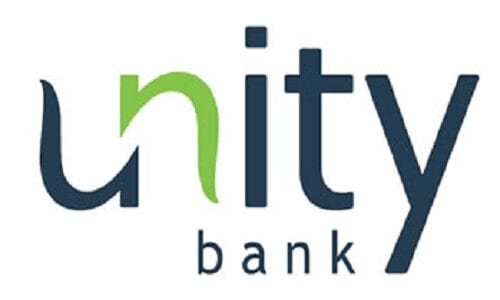Unity Bank Nigeria Plc is on a shaky ground as first quarter earnings slumped significantly, an unimpressive results that means the economic slowdown crimping the growth of companies in Africa’s largest economy is increasingly showing face in the lender’s figures.
Analysts had anticipated that the falling oil prices and slow manufacturing activities will dampen the margins and assets quality of lenders.
Some banks had issued profit warnings saying top and bottom lines will receive one or two punches given the impacts on a horrendous first quarter.
For the first three months through March 2016, Unity Bank’s net income dipped by 73.25 percent to N972.30 million from N3.62 billion as at March 2015.
Unity Bank lost appetite for interest on loans and advances as interest and similar income reduced by 31.78 percent to N7.97 billion while gross earnings were down by 24.89 percent to N12.40 billion.
Net margins, a measure of profitability and efficiency reduced to 8.10 percent in 2016 from 21.92 percent in 2015.
Also, cost to income ratio (CIR), another measure of efficiency, reduced to 96.75 percent in the period under review as against 64.23 percent in 2015.
The CIR gives investors a clear view of how efficiently the firm is being run – the lower it is, the more profitable the bank will be.
The central bank of Africa’s most populous nation has restricted dollar sales to lenders as it seeks to curb inflation and stop the reserve from continuous depletion due to a sharp fall in oil price.
The policy is however causing liquidity squeeze and hurting the profit of banks.
Growth in Nigeria slowed to 2.8 percent last year, the weakest level since 1999 and down from 6.2 percent recorded in 2014. Inflation has arisen to 12.80 percent in March as against 11.40 percent as at February, according to the National Bureau of Statistics (NBS).
Reserves have fallen from $37 billion since before the oil price crash to about $28 billion as the central bank has attempted to defend the naira.
Further analysis of the financial statement of Unity Bank shows it is less aggressive about lending as loans to deposit ratios fell to 95.49 percent in 2016 from 106.35 percent in 2015.
Total loans and advances remained flattish at N271 billion in the period under review while deposit to customers increased to 10.78 percent to N259.14 billion in 2016 compared with N231.44 billion in 2015.
Unity Bank’s share price closed at N0.77 on the floor of the exchange while market capitalization was N9 billion.































